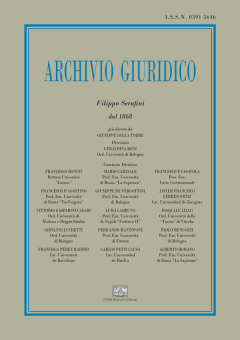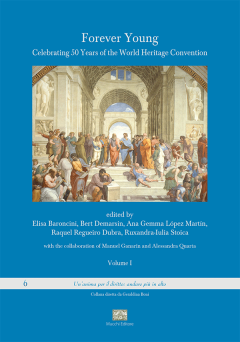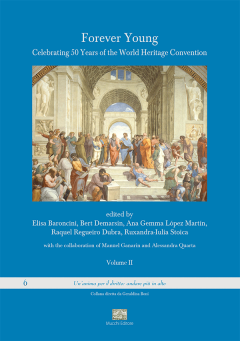
Elisa Baroncini
PhD in EU Law, is Full Professor of International Law at the University of Bologna, where she teaches International Law, International Economic Law, and International Law on Sustainable Development at the School of Law. For ten years (2012-2022) Elisa was Co-Chair of the ESIL IG on International Economic Law; in 2019 she co-founded and is now Coordinator of the Interest Group on International Economic Law of the Italian Society of International Law (DIEcon). She has been Visiting Professor at the China-EU School of Law, speaker and organizer of many international conferences, Visiting Researcher at the European University Institute. Elisa manages and participates in international and national research projects. She has been recently awarded the Jean Monnet Module “Re-Globe – Reforming the Global Economic Governance: The EU for SDGs in International Economic Law” and she is the Coordinator of two UNA Europa Seeds Research Projects: “WHC@50 – Forever Young: Celebrating 50 Years of the World Heritage Convention”; and “ImprovEUorGlobe – The UN 2030 Agenda in the EU Trade Policy: Improving Global Governance for a Sustainable New World”. Member of the “Centro Interuniversitario sul Diritto delle Organizzazioni Internazionali Economiche” (CIDOIE), Elisa is also part of the Promoting Committee of the University of Bologna to honour the 1972 UNESCO Convention, and Member of the Scientific Committee of the Institute of Advances Studies (ISA) of the University of Bologna. In June 2022 she has been appointed by the European Commission TSD Expert for the dispute settlement mechanisms of the new generation of EU free trade agreements, and she is member of the section of Bologna of the editorial board of the review Diritto del commercio internazionale. Elisa publishes extensively mainly in Italian and English, and her fields of research include: the reform process of the WTO dispute settlement mechanism; the relation between free trade and non-trade values; transparency and civil society in international economic law; the new generation of EU FTAs and their enforcement; the participation of the European Parliament and the Commission in the EU treaty-making power; the relation between free trade and investment protection and cultural heritage protection.
- 1



